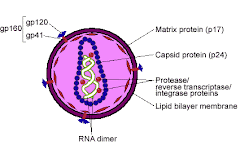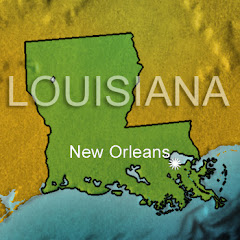"Crack is a highly addictive drug, but there are treatments for people who use it regularly. There are two main types of treatments: medication and cognitive or behavioral therapy. As of November 2004, no medication exists to treat crack addicts, but the National Institute on Drug Abuse (NIDA) is researching several promising options. The drug Selegiline, used to treat Parkinson's disease, is under investigation for its ability to reduce dopamine metabolism. Disulfiram, which has been used to treat alcoholism, is another candidate. The drug creates a negative physical reaction (nausea, vomiting, etc.) whenever the addicted person ingests alcohol. Researchers are hoping that it might help people who are addicted to both cocaine and alcohol. Antidepressants are sometimes prescribed to treat the mood swings associated with the withdrawal process.
Behavioral therapies are currently the most common way to treat crack addiction. Patients may be treated at either inpatient or outpatient centers. In 2002, 176,000 people were admitted to treatment centers for addiction to smoked cocaine, according to the Treatment Episode Data Set produced by the Substance Abuse and Mental Health Services Administration (SAMHSA). Crack admissions represented just under 10 percent of all admissions into drug- and alcohol-related treatment centers in 2002.
One of the most popular behavioral therapies is contingency management, which rewards addicts for staying drug-free by giving them vouchers for everything from movies to gym memberships. Another approach is cognitive-behavioral therapy, which teaches people how to avoid and/or deal with situations in which they might be tempted to use crack. People with severe addictions, mental illness or a criminal record may need to stay at a therapeutic community for a six- to 12-month period while they undergo rehabilitation and learn how to reenter society drug-free."
Thursday, September 20, 2007
Treatment For "Crack" Addicts
Blogs'FamilyCorruptionInTheBigEasy||
FamilyCorruptionInTheBigEasy: Part 2
Posted by
Boop
at
2:09 AM
![]()
Labels: crack, drug addicts, treatment
Subscribe to:
Post Comments (Atom)


















No comments:
Post a Comment